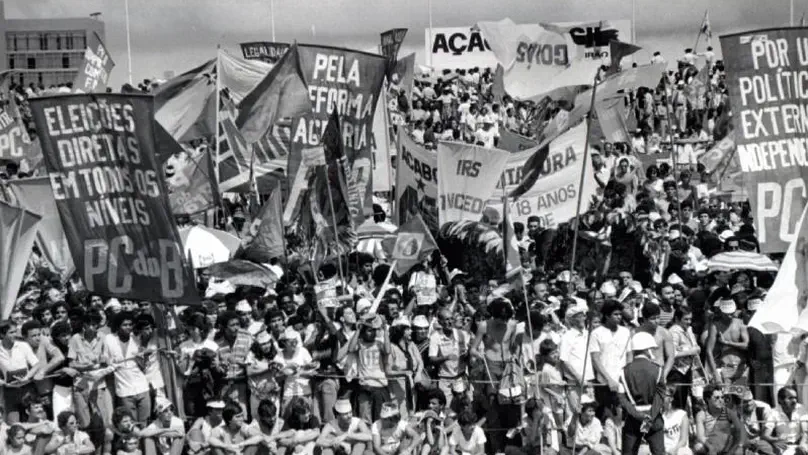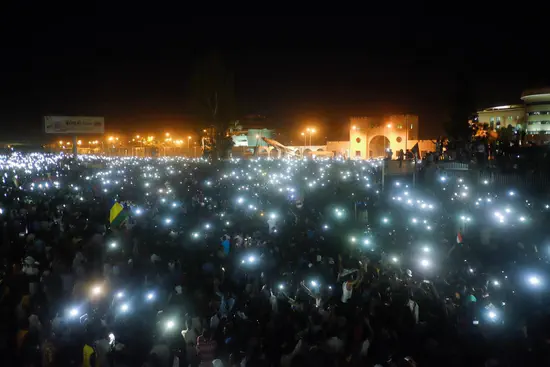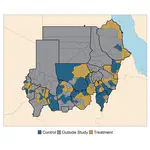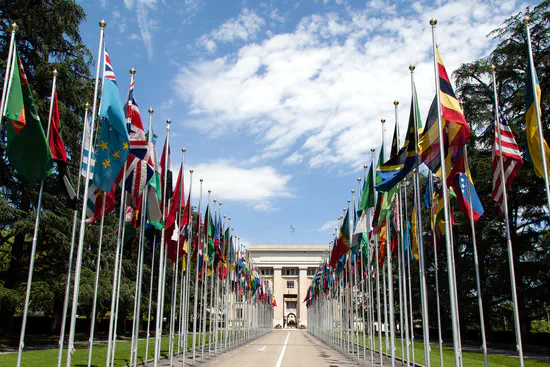About Me
I am an Assistant Professor of Political Science in the School of Economic, Political, and Policy Sciences at the University of Texas at Dallas.
Before coming to UT Dallas, I was the Director of Applied Research for The Horizons Project, where I led research on countering democratic backsliding. I have also worked as a senior researcher at the US Institute of Peace, a post-doctoral research fellow at the Norwegian University of Science and Technology, an external associate at the Peace Research Institution of Oslo (PRIO), and a research fellow at the Sie Cheou-Kang Center for International Security and Diplomacy, where I supervised data collection for the Social Conflict Analysis Database (SCAD) and the Nonviolent and Violent Campaigns and Outcomes (NAVCO) 3.0 data projects.
My research on civil resistance, democratization, and peacebuilding has been widely published by major university presses and leading journals including Perspectives on Politics, Comparative Political Studies, International Studies Quarterly, Journal of Peace Research, Journal of Conflict Resolution, and Conflict Management and Peace Science. My first book From Dissent to Democracy: The Promise and Peril of Civil Resistance Transitions, was published in 2020 by Oxford University Press.
I received my PhD in International Relations from the University of Denver in 2018. I was a 2012 recipient of the Korbel School’s Sie Fellowship and a 2016 recipient of the International Center on Nonviolent Conflict’s PhD fellowship. I currently live in Plano, Texas. In my free time, I enjoy running, mountain climbing, and watching great films.
- Nonviolent/Civil Resistance
- Democratization
- Peacebuilding
PhD | University of Denver, 2018
Josef Korbel School of International Studies
MA | University of Denver, 2014
Josef Korbel School of International Studies
BA | Gordon College, 2008
Book

Research shows a strong connection between nonviolent civil resistance and democratization. Yet many successful civil resistance campaigns have been followed by authoritarian retrenchment. What explains this variation? Why are moments of hope when civil resistance topples dictators sometimes followed by moments of despair when dictators return to power? This book examines this question through a global, mixed-methods study, combining analysis of a new dataset of every political transition initiated through civil resistance from 1945 - 2014 with three in-depth case studies. It finds that dynamics of transitional politics, in particular the ability of civil society to maintain mobilization through the transitional period, and the reorientation of the political system away from maximalist, all-or-nothing contention and towards regular politics play the critical role in leading to successful democratic transitions. When either of these challenges are not met, a failed transition is likely.
Recent Publications
Working Papers (Selected)
Teaching
The course pages below provide brief summaries of courses I have taught or am currently teaching, as well as links to relevant resources.

Nonviolent Resistance
An upper-level undergraduate deep dive into the theory and practice of nonviolent resistance





